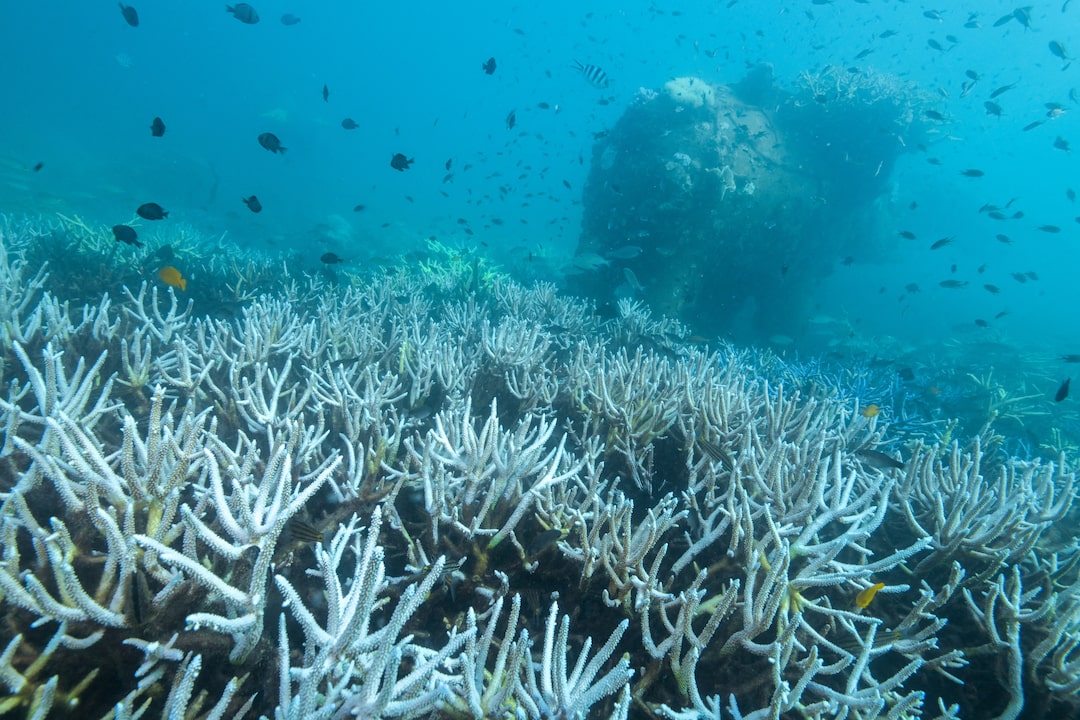Global Coral Bleaching Crisis
Coral reefs are facing an unprecedented crisis due to global bleaching events. Since January 2023, over 80% of the world’s coral reefs have been affected. Scientists warn that this event is the worst on record, impacting reefs in at least 82 countries. Record high ocean temperatures have turned corals white as they expel essential algae, leading to widespread mortality. This phenomenon threatens marine biodiversity and the livelihoods of billions of people who depend on healthy reefs.
About Coral Bleaching
Coral bleaching occurs when ocean temperatures rise . Corals expel zooxanthellae, the algae that live symbiotically within them. This process deprives corals of their colour and vital nutrients, resulting in a stark white appearance. Bleached corals are more susceptible to diseases and have a lower chance of survival.
Historical Context of Coral Bleaching Events
The current global bleaching event is the fourth of its kind. Previous events occurred in 1998, 2010, and from 2014 to 2017. The severity of bleaching has escalated over time. In 1998, 21% of reefs were affected. This increased to 37% in 2010, 68% from 2014 to 2017, and now 84% in the ongoing event.
Geographic Impact of Bleaching
Coral reefs across the Pacific, Atlantic, and Indian Oceans are experiencing severe bleaching. Notably, Australia’s Great Barrier Reef has faced multiple bleaching events, with the latest reported in 2024. Reefs off Madagascar and South Africa are also severely impacted. The widespread nature of this event indicates that no reef is safe from the effects of rising ocean temperatures.
Consequences of Coral Mortality
The loss of coral reefs has dire ecological consequences. Reefs are critical habitats for approximately one-third of all marine species. They also provide essential services to human populations, including coastal protection and tourism. The demise of reef-building corals, such as elkhorns, compromises these ecosystems and the communities reliant on them.
Monitoring and Response Efforts
Scientists are intensifying monitoring efforts to assess the extent of coral bleaching. New alert levels have been introduced to the Coral Reef Watch system to reflect the increased risk of coral mortality. However, the ongoing nature of the crisis overwhelms monitoring capacities. Researchers emphasise the urgent need for global action to mitigate climate change and protect coral ecosystems.
Future Projections
Climate models predict that nearly all coral reefs will experience annual bleaching events by 2040 to 2050. This alarming forecast puts stress on the need for immediate and effective climate action. Without reductions in greenhouse gas emissions, the future of coral reefs and the biodiversity they support is bleak.
Month: Current Affairs - April, 2025
Category: Environment Current Affairs







